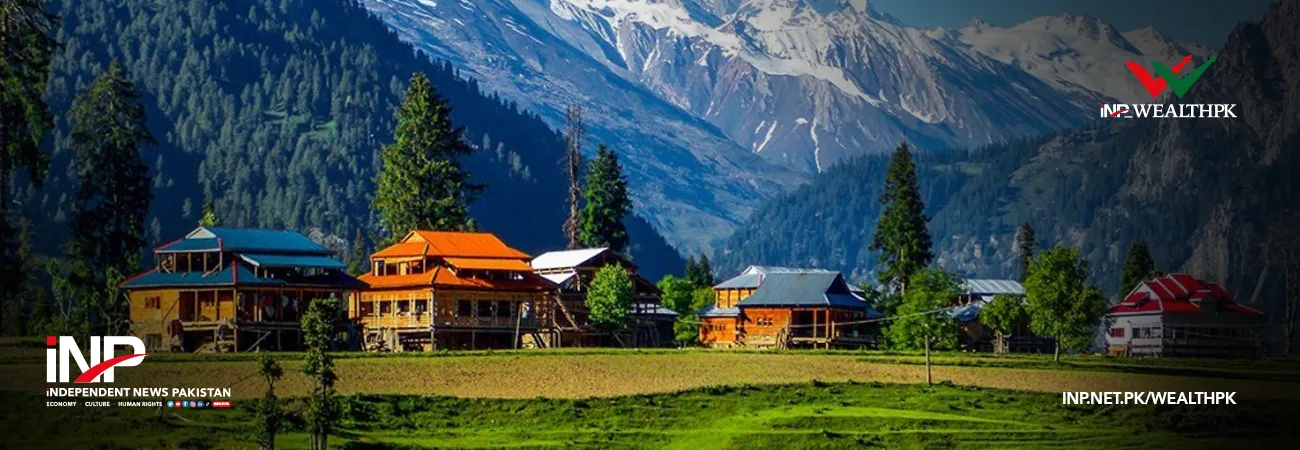INP-WealthPk
Faiza Tehseen
Adopting net zero strategies is necessary for Pakistan to mitigate climate change impacts and support a sustainable economic growth.

"Though Pakistan contributes less than 1% to global greenhouse emissions, still it is among one of the most vulnerable countries to climate change impacts. With the growing population and economy, energy needs are expanding. Carbon emissions will rise significantly if proper measures are not taken,” underscored Muhammad Saleem Shaikh, spokesman of the Climate Change and Environmental Coordination Ministry. Talking to WealthPK, he said Pakistan had already witnessed the severe impacts of climate change in the form of extreme heatwaves, glacier melting in the northern regions, and flooding in coastal areas. “In this situation, the future depends on how speedily we shift toward net zero strategies.” Shaikh said, “Achieving net zero is not an easy challenge for Pakistan. Limited financial resources and dependence on fossil fuels are the major hurdles.
However, green finance and international partnerships can help bridge this gap. Pakistan’s renewable energy and climate resilience initiatives are also a step towards realising the net-zero goal.” He called for sequestering carbon, combating deforestation, and adopting strategies for afforestation and reforestation. “Pakistan is also a signatory to the Paris Agreement, which binds it to reduce the greenhouse gas emissions by about 15% by 2030. Reduced fossil fuel use will go a long way in lowering the carbon footprint.” Shaikh, who is also a climate change education specialist, said, “An awareness campaign needs to be launched to lower the carbon footprint and to achieve the net zero goal. Pakistan can reach the target of net zero only through collective efforts as it cannot be achieved without the contribution of citizens.”
Highlighting the need of adopting the net zero strategies to lower the carbon footprint, Dr Muhammad Akbar, an assistant professor of environment at the University of Baltistan, said, “It is need of the hour that we retained the cold regions in the northern areas of Pakistan.” Akbar said, “If we want to lower the carbon emissions, we have to seek the role of households at the grassroots level. Here in GB, winter starts from November 15 and lasts till March 15. As whether becomes severe from December to January, the people extensively burn wood in stoves to keep rooms warm, for cooking and meeting other needs. The average need of wood for a single household is around 50 maunds and in the case of a joint family, it increases up to 60-70 maunds. The continuous wood burning adds carbon to the environment.”
He said conventional methods were the best to adopt to avoid the carbon emissions. “In the past, houses were made of clay, which was a natural insulator, and little fuelwood was used. Now in concrete houses more fuel is consumed because stoves in them are not established in earth, but above floor. The warm earth helps retain the heat. By promoting the traditional ways of construction blended with modern styles, less fuel will be required to keep homes warm.” The environmentalist said, “The government must focus on producing electricity from hydel sources. Most streams in GB have high flow round the year. By generating power from them would help reduce wood consumption in the region to a great extent. It will decrease deforestation and more carbon would be sequestered.”
Credit: INP-WealthPk













